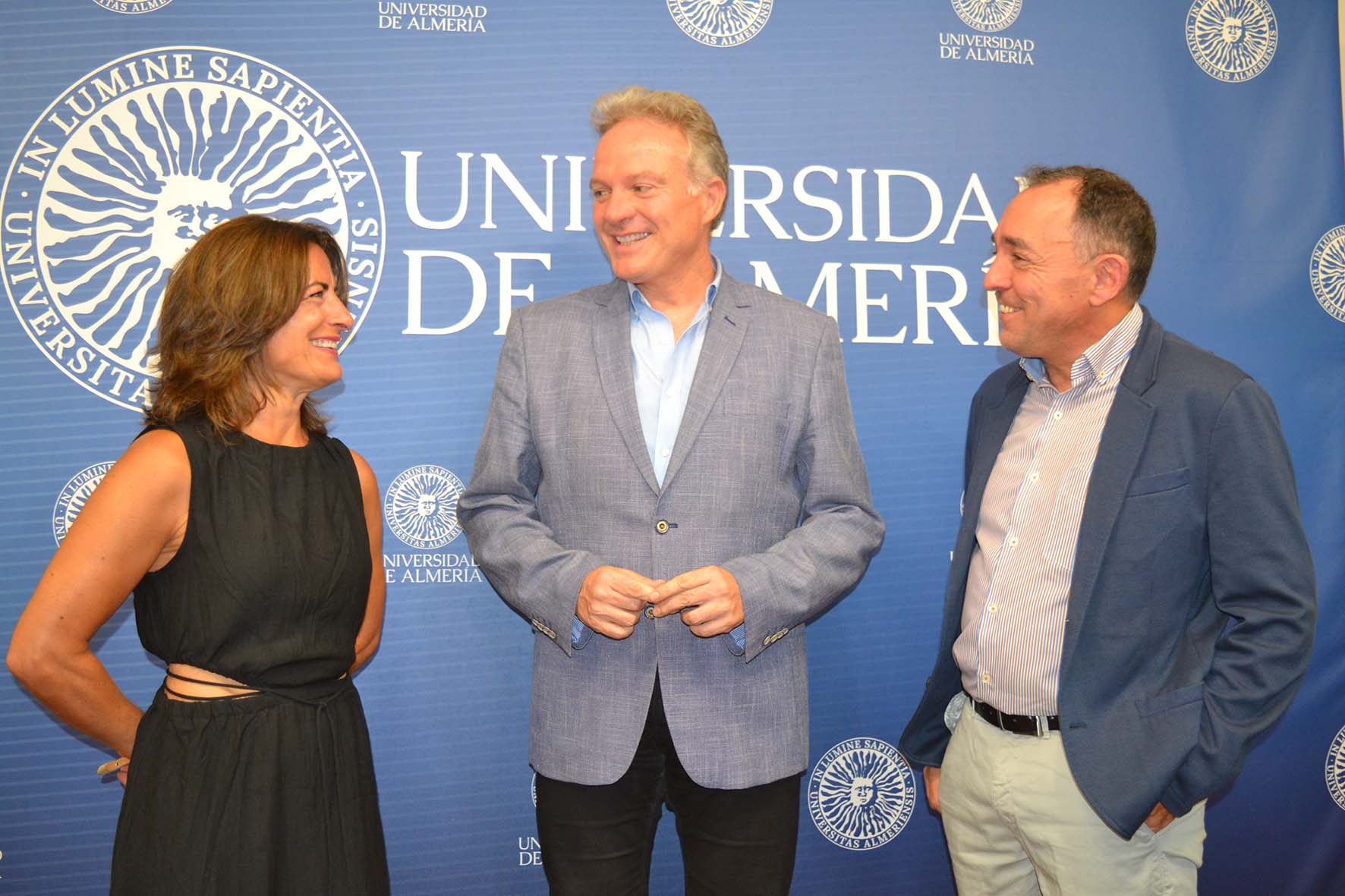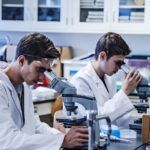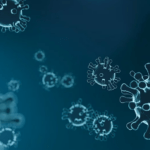In a resolution passed on Tuesday with 501 votes in favor, 47 against and 85 abstentions, the Parliament highlights the benefits of teleworking, such as greater flexibility and autonomy, but warns of relevant health threats associated with excessive connection, when the boundaries between work and private life are blurred, and the increased intensity of work or “technostress”, linked to the use of technology.
Health and privacy risks of teleworking
MEPs warn of the dangers to mental health and the right to privacy posed by surveillance technologies through software and artificial intelligence tools, as well as remote monitoring of progress at work and compliance with working hours.
They point to other factors that cause stress for workers, including financial insecurity, fear of unemployment, limited access to health care, isolation, and changes in workday and organization due to the COVID-19 pandemic and the subsequent economic crisis.
They also point to the effect that the generalization of teleworking may have on the mental health of people at risk of exclusion and call for addressing the digital divide, ensuring that all workers have adequate technological training.

The UAL will be the virtual and international venue for a congress on the treatment of psychosis |
Preventive measures and a directive to ensure the right to disconnection
MEPs encourage the EU and Member States to take action through a European Mental Health Strategy, a Care Strategy and national action plans. They emphasize that the lack of common standards and principles on psychosocial risks in the EU lead to unequal protection for workers. The Parliament insists that better regulation of the digital work environment is needed to protect mental health, in cooperation with representatives of employers and workers.
The Commission, in particular the European Agency for Safety and Health at Work, and the Member States should include mental health in their health crisis and pandemic emergency preparedness and response plans.
Finally, MEPs reiterate their call for a directive that includes minimum standards and conditions to guarantee all workers the right to disconnect, and rules on the use of new and existing digital tools in the workplace.
Speaker’s statement
Maria Walsh (EPP, Ireland) said: “It is false that the EU has no competence in this area. The mental health of workers must be at the heart of our work. Early intervention and rapid reintegration of the young population into the labor market is essential. We want to update regulation to reflect the new reality of digital work.”







Leave a Reply